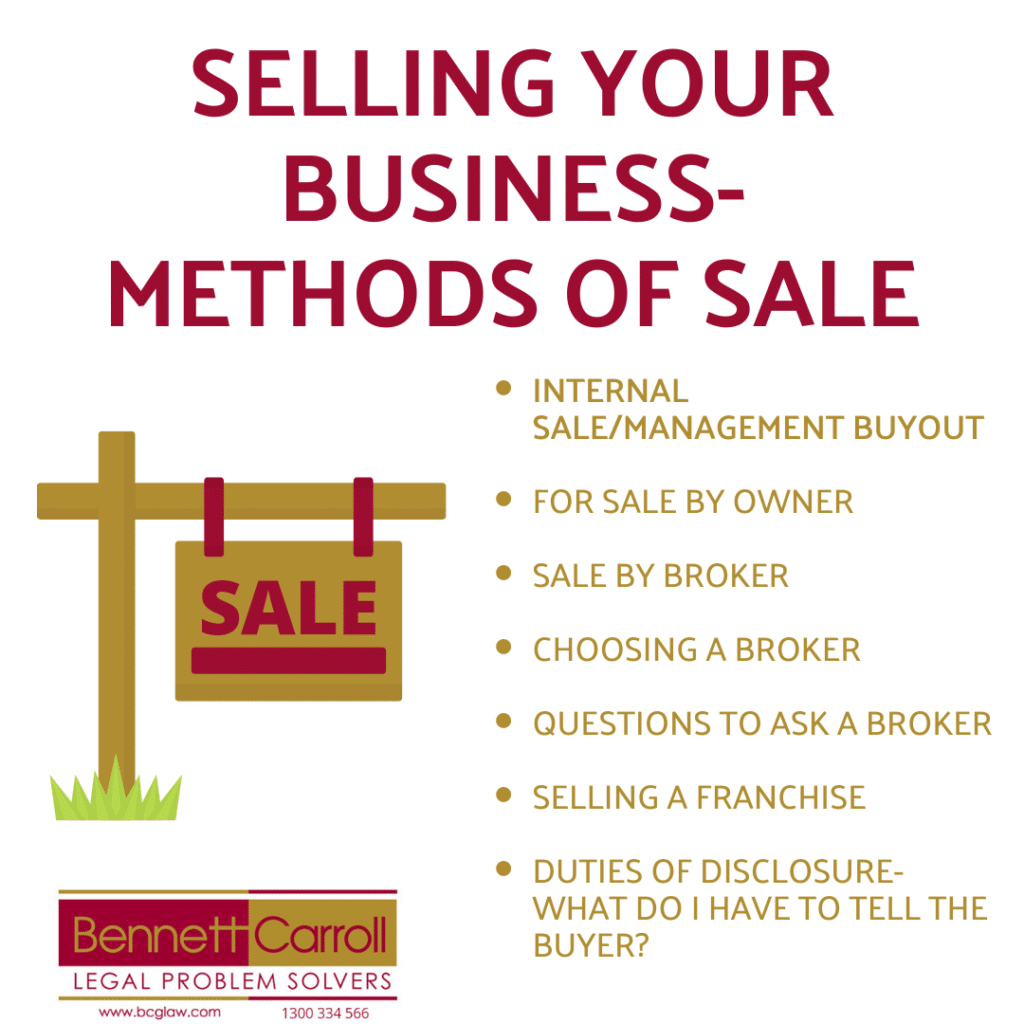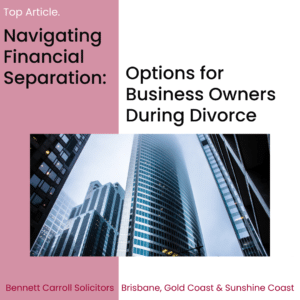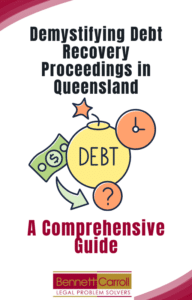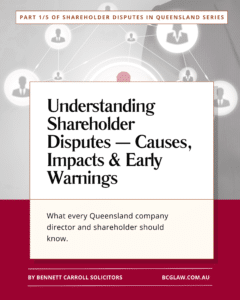INTERNAL SALE/MANAGEMENT BUYOUT
The people who know your business best, are the people who work there. You might be surprised to learn that a capable and motivated buyer is already under your roof. With a little thought, however, you might be able to find a capable junior, or manager, interested in transitioning into the business, or buying it outright.
FOR SALE BY OWNER
Occasionally, an owner can find a buyer directly. It is almost always someone else in the industry, or might be a capable manager working for a competitor. The trick is, letting it be known that you are interested, without giving the impression that there is some kind of urgency or problem. Obviously, picking your mark, and being consistent with the words that you use, are important.
SALE BY BROKER
Much of the time, unless you have a target buyer, you will need to consider appointing a broker to sell the business.
Depending upon the type of business, a specialist broker might be a major step forward.
Specialist brokers tend to have a good bank of contacts and, with their knowledge of your industry, are far more likely to get an accurate and robust price, due to their ability to educate buyers.
A specialist broker for your industry should be reasonably identifiable. If no specialist broker exists or can be found, then choose a broker who is active and enthusiastic.
Business brokers tend to have characteristics similar to real estate agents in that some are incisive, enthusiastic, systematic and get sales completed, whilst some will take your listing, post it on the internet, and hope that someone contacts them.
CHOOSING A BROKER
Effective, successful brokers tend to have the following characteristics:-
- They are easy to find, that is, they are highly visible;
- They have a well presented website that is easy to navigate.
- They are easy to get hold of on the telephone, and enthusiastic to have a meeting;
- They have a standardized presentation, and a formal listing process. At presentation, they exhibit a good knowledge of the induction listing and sale process, and appear to have some knowledge of your industry.
- They explain the listing process, and the process of contacting them, and a feedback and reporting process for you.
QUESTIONS TO ASK A BROKER
When appointing a broker, ask the following:-
- How many listings do you have? (there can be too many and too few)
- How many listings do you have in my industry?
- How many sales have you made (this year and this month)?
- How many sales have you made in my industry (this year and this month)?
- What is the usual industry multiplier for my industry? (the main valuation tool for business goodwill).
- How would you go about placing a value on my business?
- What is the average time between listing and sale for your businesses?
SELLING A FRANCHISE
Usually, when selling a franchise, it is slightly easier than selling a non-franchise business because:-
- You get benefit from the brand;
- The franchisor is constantly generating interest in franchise business for new territories, but those buyers will often ask about an existing territory;
- There is usually a broker that sells the majority of businesses in that franchise, who is reasonably easy to identify.
So long as you take a professional approach to the process, there can be benefits in alerting you t franchisor to your interest in selling. It is important not to give the franchisor the impression that you are desperate or angry as a motivator for doing so.
Your franchisor manager should, in fact, be helping you analyse any problems in the business to identify any improper motivators for selling. It is likely that, in any due diligence period, or shortly thereafter, a buyer will find any major issue that has been hidden, and either terminate the contract, or raise a dispute regarding the particular issue.
These issues should be resolved, or at least a plan for resolution created, prior to the business being sold.
DUTIES OF DISCLOSURE- WHAT DO I HAVE TO TELL THE BUYER?
Unfortunately, there is long and tortured history of business sellers deliberately withholding pivotal information from buyers.
Sadly, the law is not as precise as it could be on this subject.
There is still a general belief in the principal of “buyer beware”, that is, it is up to the buyer to ask sufficient questions, obtain sufficient answers, check objectively, and do a proper due diligence prior to committing to buy. The feeling is, that if the buyer does not “do the homework” then it is the buyer’s problem.
As a starting point for the law, this is true.
Unfortunately, the matter is a little more complex than that.
Beyond this basic principle, the law imposes some duties to the seller. The duty not to engage in false and misleading conduct, or to make false representations, is placed over the top of the general “buyer beware” principle.
A seller cannot deliberately provide false information to a buyer.
Often the question arises “What about staying silent?”
As a general principle, silence is not considered misrepresentation.
In rare situation, however, the Courts have found sellers liable in circumstances where a failure to point out a critical issue to a buyer, which the buyer could not possibly have found on an independent search, has been held to be false and misleading conduct, or misrepresentation. This situation is quite rare and isolated.
It is often the case that sellers are aware of impending changes either to competition or to the industry in general, where the seller is unwilling to hold on and fight though that change.
This is not information you are required to volunteer. It is up to the buyer to negotiate a satisfactory price, and look at the information provided and be satisfied that it is safe to commit to buy.
It goes without saying that the information you provide must be accurate, and inaccurate information may leave you liable. Likewise, if you are asked a question during a negotiation, or due diligence, provision of that information must be accurate. It is open to you, of course, to refuse to provide the information (unless the purchase contract creates an obligation for you to do so). However the buyer may well draw conclusions from this refusal.
To discuss your Business and Commercial Law matter feel free to contact us today. Bennett Carroll Solicitors have offices located in Brisbane, Gold Coast and the Sunshine Coast.
Call us on or email and safeguard your interests every step of the way- We are your legal problem solvers.








